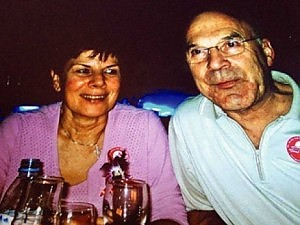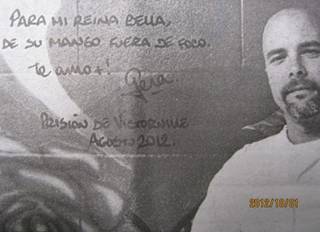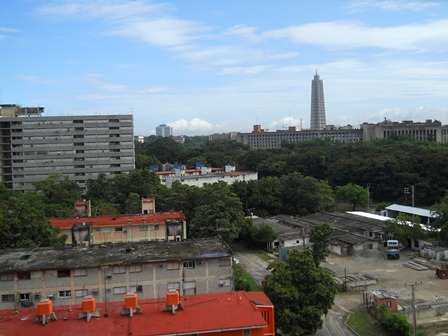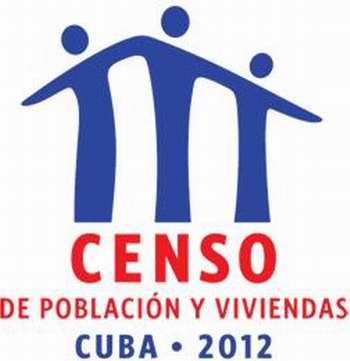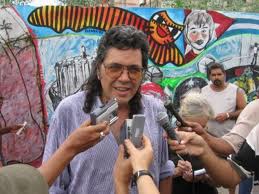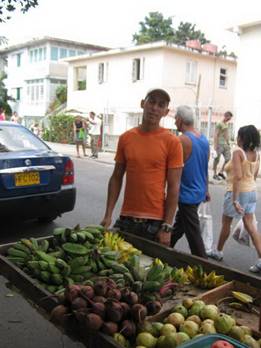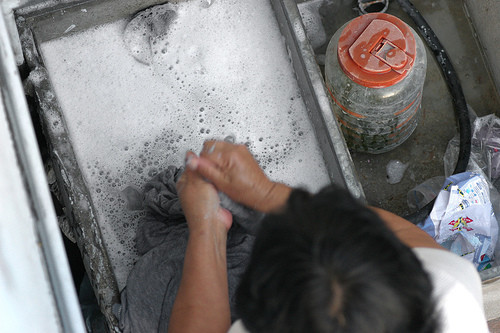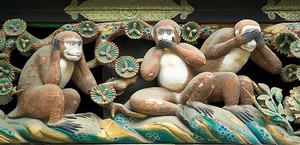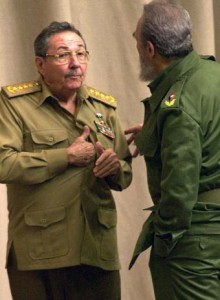 If we compare the style of governance of the Castros during their respective terms in office from a bird’s eye view, we would make a serious mistake in believing the two autocrats are much the same.
If we compare the style of governance of the Castros during their respective terms in office from a bird’s eye view, we would make a serious mistake in believing the two autocrats are much the same.
You don’t need a magnifying glass to see the differences. What are the similarities? Well, the duo have authoritarianism in their genes. And they see democracy as their major enemy.
While Fidel Castro acted like a true visionary, father of the country and shopkeeper of the neighborhood, his brother prefers to exercise power from behind the scenes. Castro I was an impetuous hurricane. He never kept still. On any given morning he was capable of mobilizing all the means of production in the country for a banana harvest.
Overriding the national budget, he ordered the construction of a biotechnology center. Believing himself to be a world-class statesman, he devised a plan to abolish Latin America’s external debt.
His vocation was that of a warrior. He handled the various conflicts in Africa as though he were the supreme commander. He personally directed the military campaign in Angola from a mansion in Havana’sNuevo Vedado district.
He controlled everything down to the last detail. He knew the amount of asphalt needed to build an airport runway and the exact number of chocolates and sardines his troops consumed.
In domestic affairs he governed with the mentality of a shopkeeper. He ran some numbers on his calculator and decided to purchase refrigerators that he thought would be most effective in launching the energy revolution.
He could recite from memory the exact number of energy-saving lightbulbs the country had to import. And the benefits of Cerelac. And the amount of concrete required to build one-hundred daycare facilities.
Fidel Castro was an autocrat. A narcissist his entire life. Even in retirement he cannot be constrained. Now at times he predicts atomic disasters and swears he has discovered a formula—the moringa plant—that will satisfy all of humanity’s food needs.
His supporters consider him to be the most important statesman of the twentieth century; his detractors think he is certifiably insane. His 47 years governing Cuba were marked by predictions of war against “Yankee imperialism” and mass demonstrations condemning those who chose to leave the country.
When the mood struck him, he would storm TV studios and give long lectures on a variety of topics. But the figures do not lie; Fidel Castro was a bad administrator of the nation.
By the time he was forced to give up power due to illness, Cuba’s economic statistics had contracted in the extreme. Sugar production, the mainstay of the economy for centuries, was at the level it was in 1910. Cities were run-down and needed painting. Streets were filled with potholes. Drug dispensaries were empty. Free health care and education remained in place, but they were of poor quality and headed downhill.
The transfer of power to General Raúl Castro on July 31, 2006 occurred without popular consent. He was hand-picked by his brother.
Since the end of the 1990s many sectors of the economy have been run byRaúl Castro’s men, the military’s businessmen. It is a closed circuit of olivegreen-khaki-clad executives who have devised methods for entrepreneurial advancement, which they apply to their industries and businesses.
Raúl Castro has quietly buried the notion of volunteerism and the anarchy of his brother under thirty feet of earth. He has also shut down ludicrous government agencies like the Ministry for the Battle of Ideas—a monument to ineffectiveness—and restructured the administrative apparatus.
He has cleaned house as much as possible. Fidel Castro’s trusted men were either retired or went down in disgrace. Schools in the countryside—cradles of unwanted pregnancies and a burden on the national budget—were shut down.
The general has not taken these measures as a prelude to serious and profound reform. No. They are simply temporary cures intended to stimulate the functioning of a moribund economy.
The expansion of self-employment and the sale of houses and old Russian cars are not starting points for the implementation of liberal methodologies. The objective is to throw out ridiculous laws. Castro II is focused on the maintaining the continuity of the system.
To achieve this, he needs two things: dollars and the removal of the heavy weight of excessive state control. In the pursuit of efficiency and a rise in productivity he has come up with a plan in which a million and a half workers will lose their jobs.
If Fidel Castro seemed like an idealist, his brother has his feet planted firmly on the ground. The future, as foreseen by Castro II, is a capitalism practiced among friends which would allow them to control the country’s main economic levers.
Raúl is not betting on anachronistic Marxist treatises. He prefers Putin’s Russia. And he admires the economic growth achieved through capitalist means of the Chinese giant.
The general knows that, to perpetuate the work of Fidel, it is essential that there be an efficient economy which can satisfy the aspirations of the average Cuban, who wants to live in a decent house and have enough to eat.
To achieve this without losing power while keeping the opposition at bay is the goal. The differences betweenRaúl and Fidel are procedural. Castro I was more about revolution, the third world, mass rallies, applause and anti-Yankee rhetoric. Castro II is about doing things out of sight, without too much noise.
The general hopes that the work started by his brother and continued by him might last a hundred years. Or a little longer.
Photo from a blog by Tania Quintero.
September 30 2012

